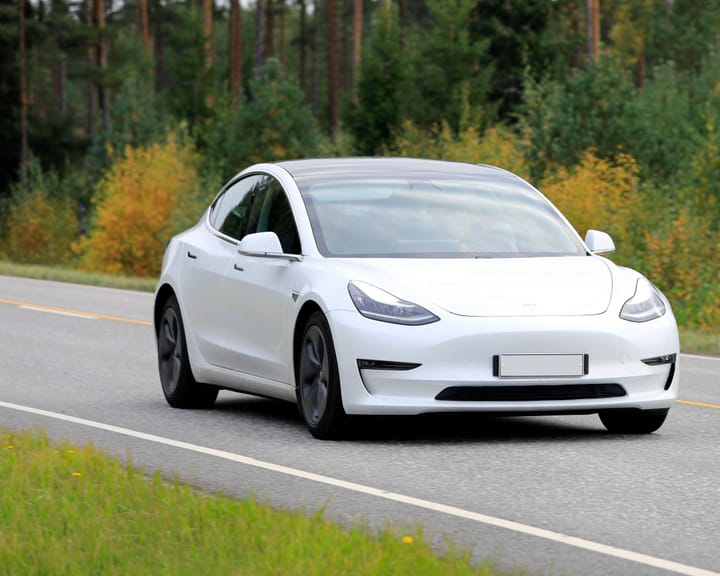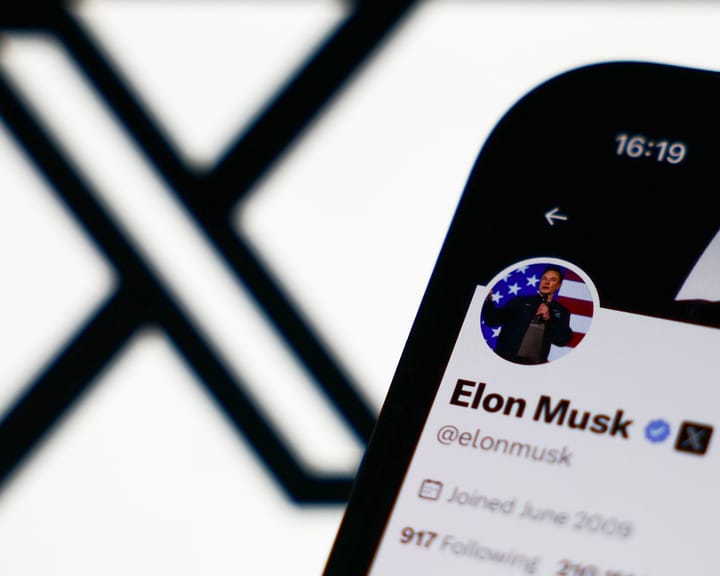Sovereign AI Efforts Emerge as Nations Seek Self-Reliance in Technology
In Singapore, a publicly supported artificial intelligence system can communicate in 11 languages, including Bahasa Indonesia and Lao. In Malaysia, ILMUchat, developed by a domestic industrial group, claims it can distinguish between references to "Georgetown" as the capital of Penang rather than the US-based university. Meanwhile, Switzerland’s Apertus, introduced earlier this year, recognizes when to use the Swiss German "ss" instead of the German "ß."
Globally, such language models are part of a high-stakes technological competition primarily dominated by US and Chinese firms. While major players like OpenAI, Meta, and Alibaba invest billions in advancing their systems, smaller and developing nations are closely observing the field—occasionally making costly investments of their own.
These efforts align with a growing movement often referred to as "sovereign AI," where countries from the UK to India to Canada are developing their own AI capabilities to assert their role in the evolving technological landscape.
However, with vast financial resources required, doubts persist over whether smaller-scale initiatives can achieve meaningful results.
“While US-based firms and China can aggressively push toward AI supremacy, it’s more challenging for other nations with fewer resources,” says Trisha Ray of the Atlantic Council, a US research organization.
“Unless a government or corporation has substantial funding, building a large language model from the ground up is a significant challenge.”
Security Concerns Drive Local Development
Many nations remain hesitant to depend on foreign AI solutions.
India, for example, is the second-largest user base for OpenAI, with ChatGPT downloads exceeding a hundred million in recent years. Yet, according to Abhishek Upperwal, founder of Indian firm Soket AI, foreign-developed AI often proves inadequate. He cites instances where an AI teaching tool in a rural Telangana village delivered lessons in an unintelligible US accent, while a legal startup attempting to modify Meta’s LLaMa model found the results unusable due to conflicting US-Indian legal interpretations.
National security concerns further complicate reliance on external AI systems. Upperwal notes that India’s defense sector, for instance, would never use China’s DeepSeek, which might inaccurately depict regions like Ladakh.
“People in defense I’ve spoken to refuse to use even OpenAI’s systems over fears of data leaving the country,” he says.
Soket AI is among several companies working on a national language model with backing from India’s publicly funded IndiaAI initiative.
Read next

Tesla Reduces Model 3 Pricing in Europe Amid Sales Decline and Musk Criticism
Tesla has introduced a more affordable variant of its Model 3 sedan in Europe amid efforts to boost sales, following declining demand for electric vehicles and public reactions to Elon Musk’s political engagements.
Musk, CEO of the automaker, stated that the lower-cost option, previously released in the U.S.

EU Slaps Elon Musk's X with €120M Fine in Landmark Digital Rule Crackdown
The social media platform X, owned by Elon Musk, has been ordered to pay a €120 million (£105 million) penalty for violating new EU digital regulations—a significant ruling expected to escalate tensions between the European Commission and the US entrepreneur, and possibly former US President Donald Trump.
After a

Sabrina Carpenter Fan Puzzles Over Spotify's 86-Year-Old Listening Age
"Years lived don’t tell the full story. So please don’t feel singled out." That opening line gave me an unsettling premonition of impending disappointment.
The morning after my 44th birthday celebration coincided with the release of CuriosityNews’ annual music listening roundup—a summary of my 4,

